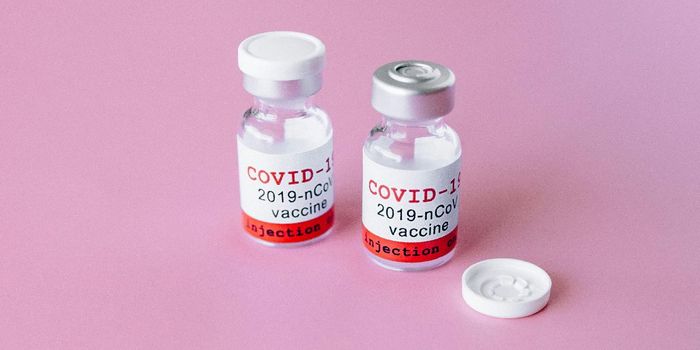Marijuana Use Does Not Encourage Extra Cigarette Smoking: Study

It’s a relevant question given some statistics suggest a correlation between cigarette and marijuana use (one study showed co-use of the two substances increased among adults from 2003-2012, and another reported a tendency for people to smoke more cigarettes around the time they were using pot or were high).
In a new look at the evidence, researchers from Ohio State University and Purdue University in Indiana mined data on tobacco and cannabis policies at the state, county, and city level, and combined it with nationally-representative geocoded National Longitudinal Survey of Youth 1997 and Census data.
They then carried out a detailed statistical (multilevel regression and fixed effect analyses), to tease out the impact of cannabis policies on young people's cigarette smoking habits over the previous month.
The results from this particular study makemuch more reassuring news for public health policy makers, finding that tobacco control policies, (such as smoking bans, vending machine restrictions, cigarette sale restrictions, and advertising restrictions), continued to have a strongly discouraging effect on smoking, even in the face of increased availability of cannabis.
“Within a context of rapidly changing cannabis policies throughout the U.S. and several countries, these results provide positive news that newly implemented cannabis laws may not adversely affect tobacco control efforts that have reduced cigarette use among young people,” the study authors wrote.
However given previous research has thrown up different results, the question is not settled and more studies are clearly needed.








